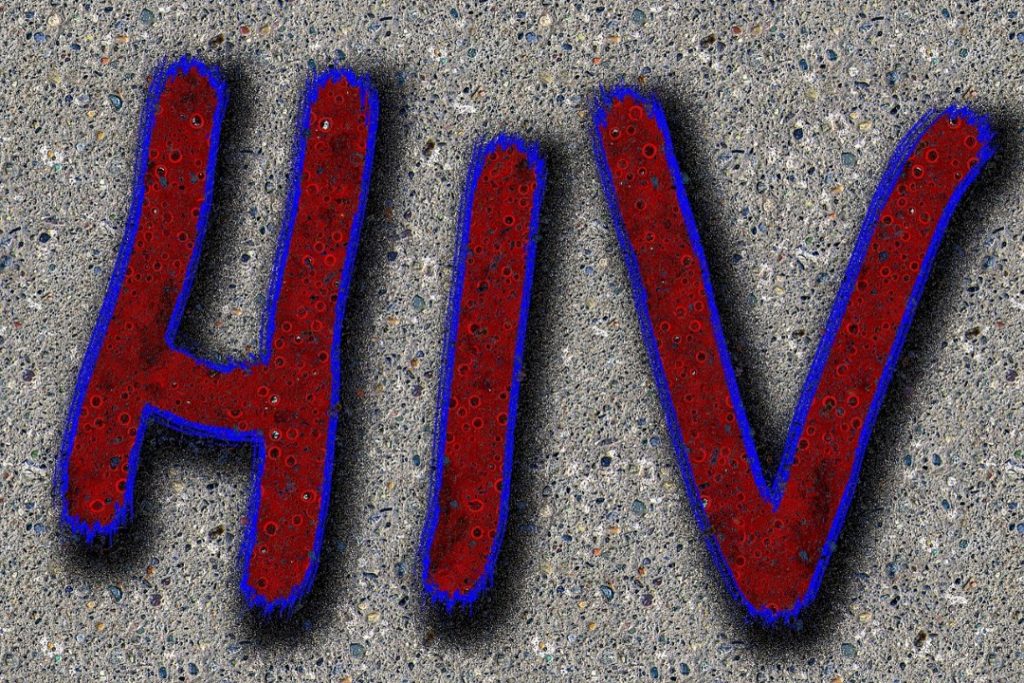 HIV is a virus that attacks the body’s defence against infection and illness – the immune system. If you have HIV, you can take drugs to reduce the level of HIV in your body. By taking these anti-HIV drugs, you can slow down or prevent damage to your immune system. These drugs are not a cure, but they can help you stay well and help you to lead a longer and healthier life. Anti-HIV drugs are known as antiretroviral drugs, or antiretroviral therapy (ART). HIV mainly affects cells in the immune system called CD4 cells. Over many years of untreated HIV infection, the number of CD4 cells drops gradually and the immune system is weakened. It becomes unable to fight infections leading to a condition called AIDS (acquired immune deficiency syndrome). Antiretroviral drugs work by interrupting this process.
To give you the best chance of reducing the amount of HIV in your blood to an undetectable level, your doctor will usually recommend that you take an effective combination of at least three antiretroviral drugs. Once your viral load has become undetectable, your immune system should begin to recover. In addition to keeping you well and preventing damage to your immune system, having a very low viral load also reduces the risk of passing HIV on to someone else.
What is AIDS?
HIV is a virus that attacks the body’s defence against infection and illness – the immune system. If you have HIV, you can take drugs to reduce the level of HIV in your body. By taking these anti-HIV drugs, you can slow down or prevent damage to your immune system. These drugs are not a cure, but they can help you stay well and help you to lead a longer and healthier life. Anti-HIV drugs are known as antiretroviral drugs, or antiretroviral therapy (ART). HIV mainly affects cells in the immune system called CD4 cells. Over many years of untreated HIV infection, the number of CD4 cells drops gradually and the immune system is weakened. It becomes unable to fight infections leading to a condition called AIDS (acquired immune deficiency syndrome). Antiretroviral drugs work by interrupting this process.
To give you the best chance of reducing the amount of HIV in your blood to an undetectable level, your doctor will usually recommend that you take an effective combination of at least three antiretroviral drugs. Once your viral load has become undetectable, your immune system should begin to recover. In addition to keeping you well and preventing damage to your immune system, having a very low viral load also reduces the risk of passing HIV on to someone else.
What is AIDS?More information on HIV treatment
Managing side-effects
Like all medications, anti-HIV drugs can cause side-effects. Quite often, these happen during the first few weeks of treatment, but then decrease or stop altogether. Your doctor can prescribe a number of drugs to help you cope with this initial period. Some side-effects are quite common. These include:- diarrhoea
- feeling or being sick (nausea or vomiting)
- headache
- tiredness
- eating a good diet – include fruits and vegetables, low on fats and sugars
- getting enough sleep
- exercising regularly
- talking to someone about your feelings and any issues in your life
- stopping (or not starting) smoking
- watching how much alcohol you drink
- be careful with too much use of any addictive substances that provide temporary pain-relief
- looking after your sexual health.